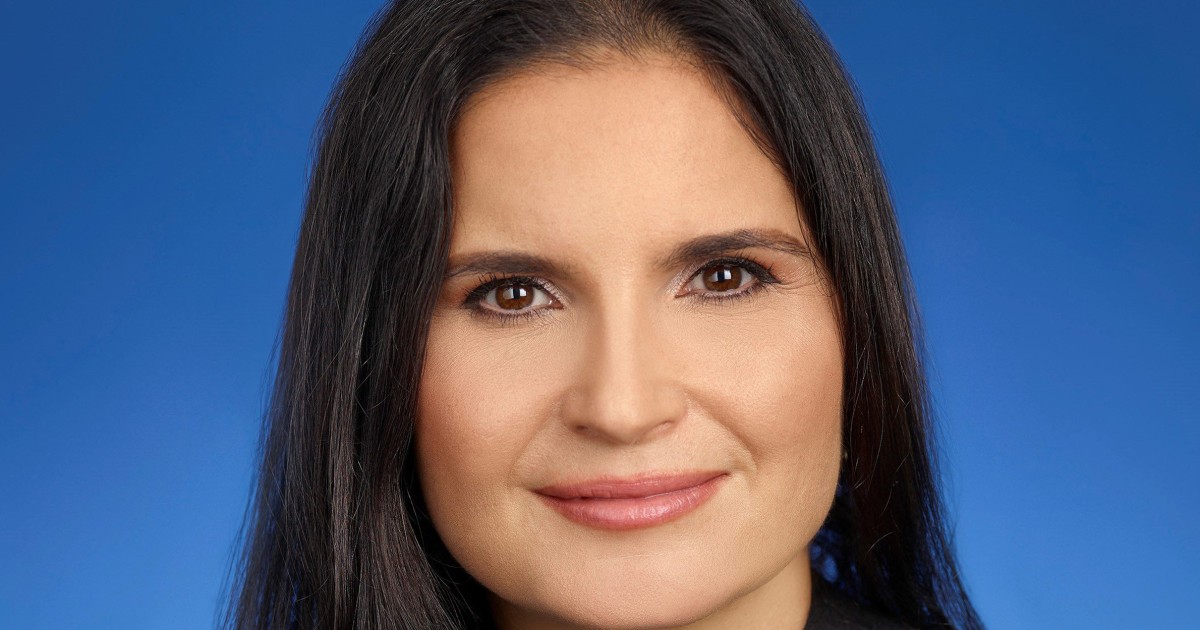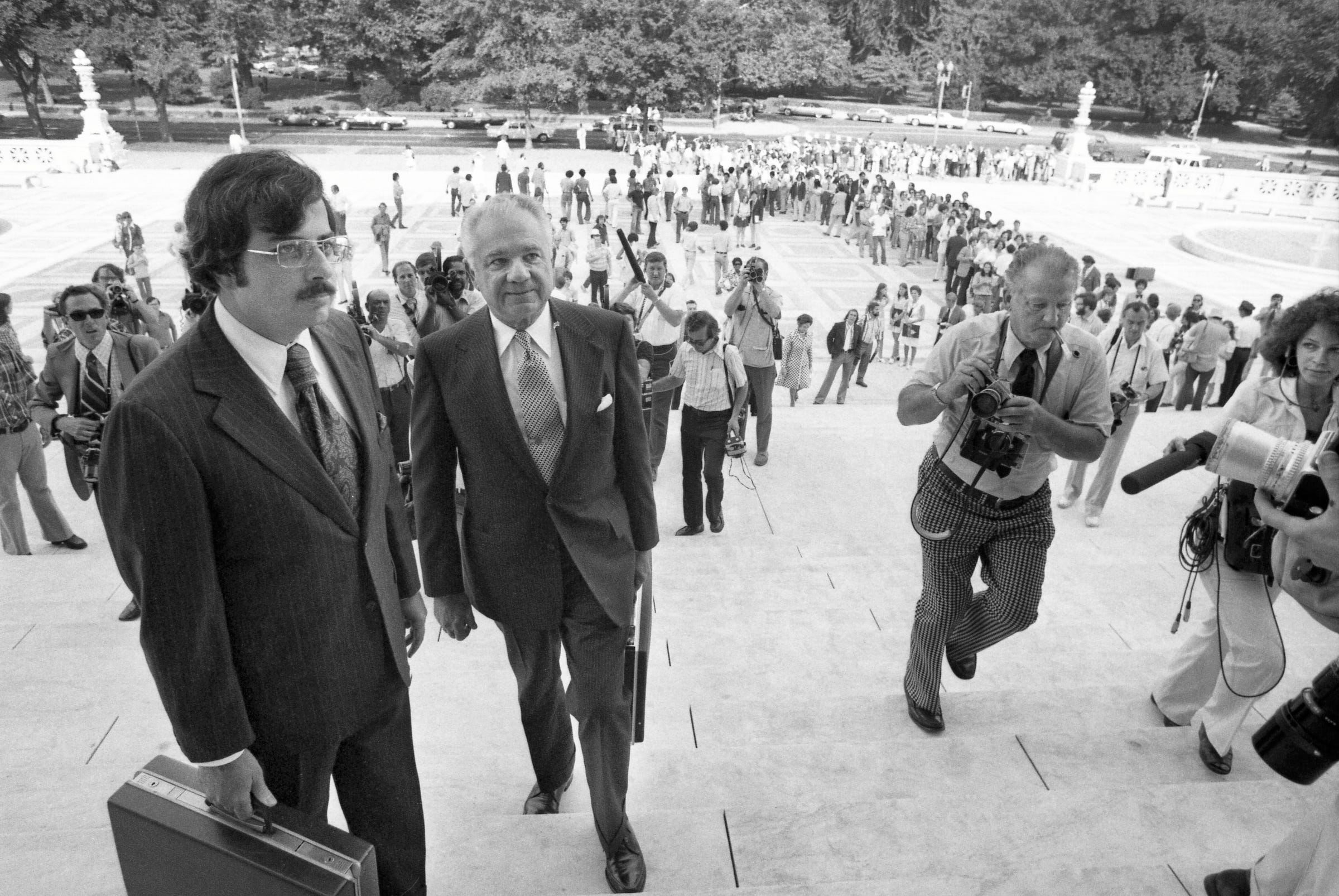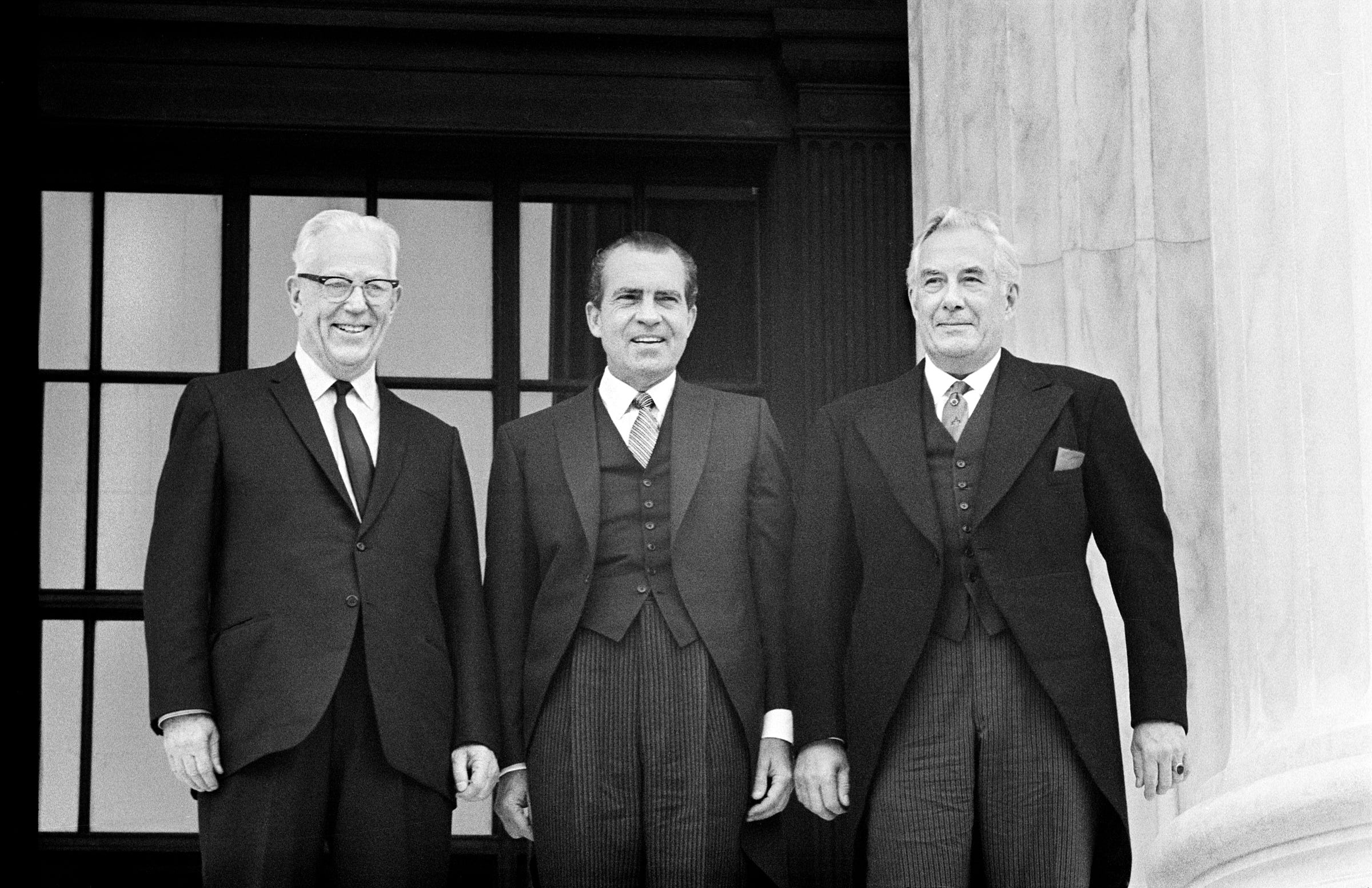
In recent developments, the Supreme Court has made two significant rulings that have major implications for ongoing legal cases involving former President Donald Trump. The first ruling grants broad immunity from criminal prosecution to presidents, while the second case saw potential abortion cases and social media censorship decisions being less consequential.
Judge Aileen Cannon, in a divisive decision with implications for the presidential contest between Donald Trump and Joe Biden, granted Trump's request for further briefing on the issue of presidential immunity in the Mar-a-Lago classified documents case. The order follows Monday's Supreme Court decision that ruled Trump has immunity from prosecution for some conduct as president in the federal election interference case.
Two upcoming deadlines for Trump and his co-defendants have been paused, with Smith's brief now due on July 18 and a reply from Trump's team due on July 21. Neither Trump nor the Department of Justice immediately responded to a request for comment Saturday afternoon.
Meanwhile, in another landmark decision, the Supreme Court ended its term by granting broad immunity from criminal prosecution to presidents. This ruling has major implications for this fall's presidential contest between Donald Trump and Joe Biden.
The conservative justices also trashed a 40-year doctrine that gave deference to federal regulators in legal disputes, making it generally easier to challenge federal rules or weakening the enforcement ability of specific federal agencies. Rulings on culture war issues were less consequential due to the court's decisions on two potential abortion cases and social media censorship.
Amy Coney Barrett emerged as a distinctive voice during the term, while Sonia Sotomayor, Samuel Alito, and Clarence Thomas were also notable justices. However, Trump's team is arguing that some evidence used to prove his falsified business records charge should be dismissed due to the Supreme Court's new test on official acts.
These developments come as former President Trump was convicted of a crime in a New York jury in May 2023. The guilty verdict in Trump's hush money case is already in peril following the Supreme Court ruling on presidential immunity, with Judge Juan Merchan delaying the sentencing until September.



